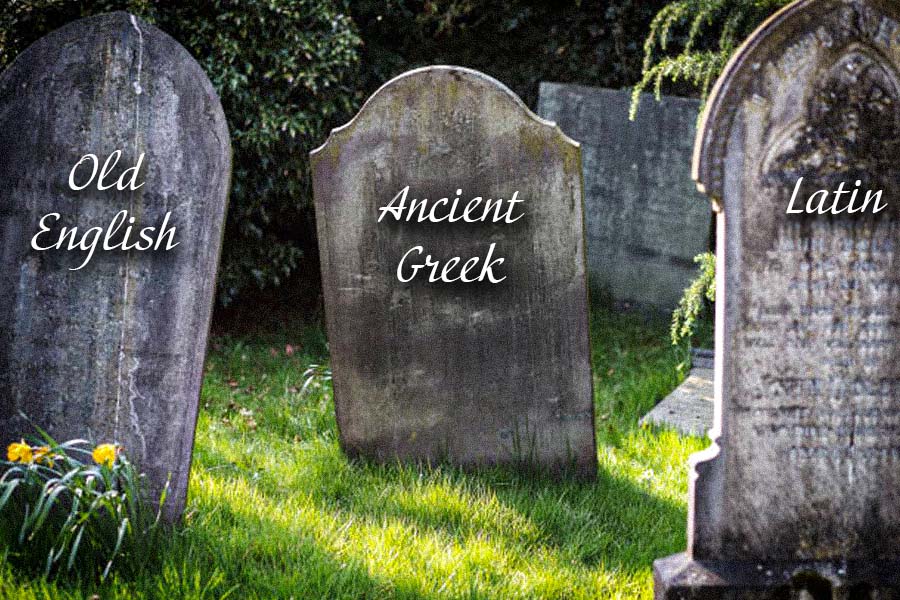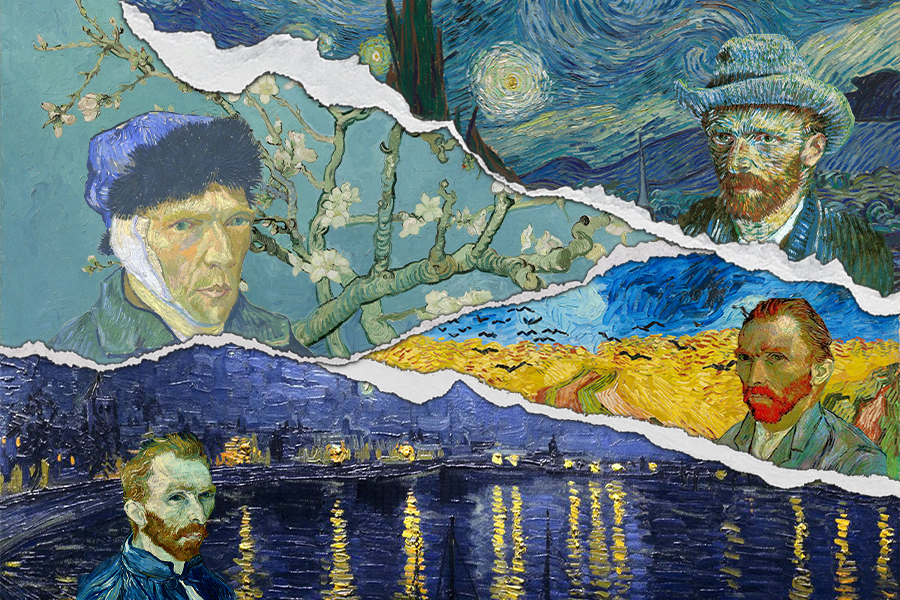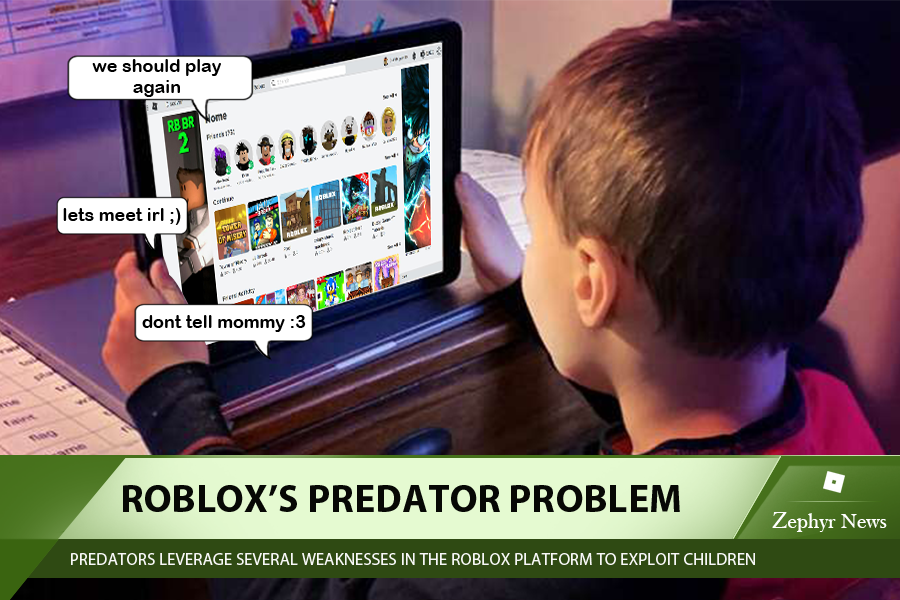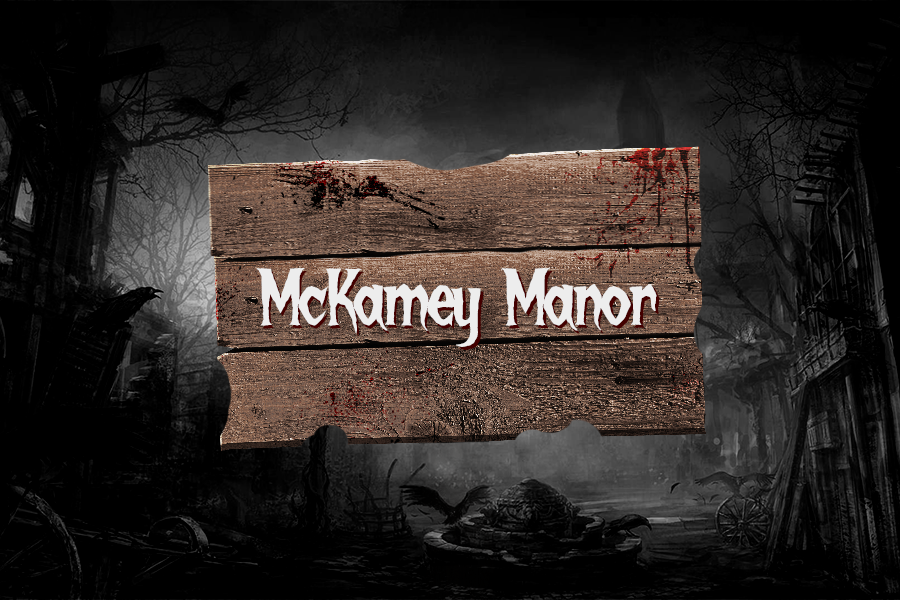In world history, kingdoms and entire civilizations have risen and then fallen after either time left them behind or some third party eliminated them. Many ancient people came from these many languages, but most have been lost to time. However, historians and historical linguistics have uncovered over 500 “dead” languages.
Dead or extinct languages are a language that no longer has any native speakers, some examples include Latin, Ancient Greek and Ancient Egyptian. However such languages have a chance to be brought back in a process called “Language Revival” in which a language is slowly reintroduced into the modern world. Hebrew was one such language that has gone through the revival process and has been remodernized back into Israeli culture. Hebrew remains the most successful language comeback.
“I would guess that Ancient Hebrew, or Biblical Hebrew, is canonized in text. In that way, Hebrew is very similar to Latin. Latin and Hebrew were both the languages of religious texts. I think that Hebrew had such a successful revitalization because of its cultural ties and the fact that there were no linguistic offshoots of Hebrew,” Latin teacher Joseph Harris said.
Many other languages have attempted to be revived with varying levels of success. Latin is one of the most influential languages due to it being the building blocks of Spanish, French, Italian, Portuguese and Romanian. The reason Latin and so many other languages can become extinct is that many people in the times these languages were at their peak couldn’t read or write which diminished the likelihood of finding pieces of literature and the likelihood of discovering languages. However, ancient authors and storytellers still helped us rediscover these languages like with the rosetta stones of the ancient Egyptians which were stones inscribed with three separate languages including Hieroglyphic, Demotic and Greek which helped the scholars and linguists decipher the other languages.
“I equate it to tracing your family tree. It’s cool to know where things come from. We do the same thing people did 2000 years ago, at least at the most basic level. I enjoy how languages have morphed over time. Linguistics is a cool field that more people should explore,” Harris said.
One of the reasons we want to learn more about the languages of the ancient world is because so many secrets of ancient people and cultures hide behind the walls of text which can only be deciphered and understood in its original context if only the language is understood.
“I will argue that Latin was ever lost. The definition of a dead language is that no one learns that language as its primary/first language. Latin is thriving today as a secondary language; it just isn’t anyone’s first language,” Harris said.
Ancient history eventually will most likely be solved and the secrets of the world may be
unveiled but every part of history comes back to one similar place, spoken communication.
















